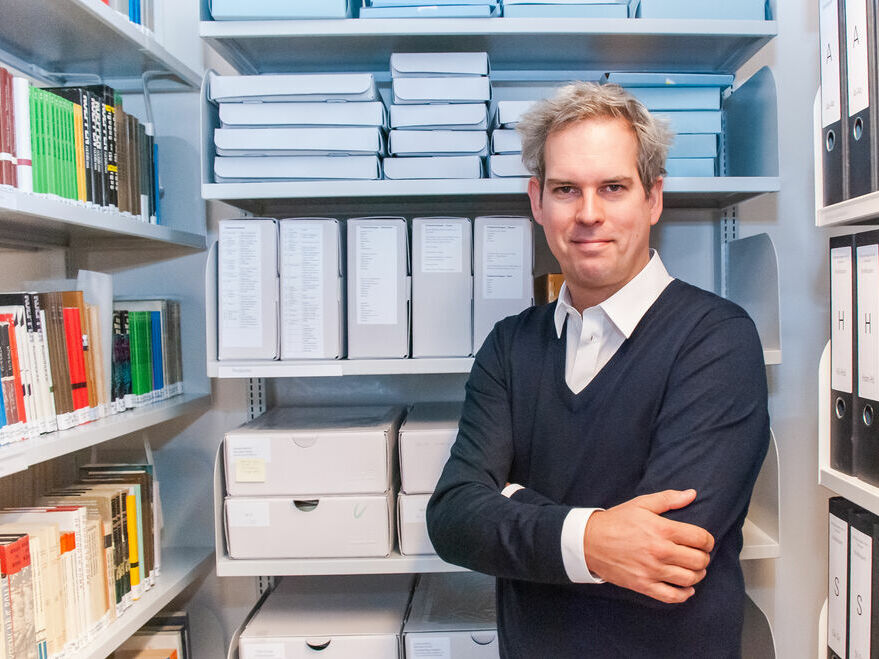In the humanities and social sciences, the term “peripety” refers to a category of production of meaning. It was first used in Aristotle’s Poetics and describes the turning point in a story, the event in which it becomes obvious that what is expected will occur differently than initially expected. It serves as a neutral umbrella term for all sorts of turning points, whether they be revolutions, reformations, catastrophes, dramatic events or tipping points, i. e. moments in which a linear, seemingly unchangeable stream of occurrences breaks off unexpectedly and takes a new turn.
Researchers of the international research training group will use the concept of peripety to investigate narrative constructions of the Baltic Sea Region and how specific events, turning points or even catastrophes shape these constructions. One such event with unexpected consequences was the fall of the Iron Curtain. "Such turning points are not only relevant for literary or cinematic narratives, they also determine the perception of historical events, political discourse and everyday language," says Prof. Eckhard Schumacher, spokesperson of the research group.
The aim of the research training group is to educate doctoral students by extending ‘narration’ and ‘event’ as novel means for investigating and understanding perceptions and constructions of the Baltic Sea Region. It is less about the revival of a history of events than about turning to a more flexible research approach of the narrative turn, which understands narration as the anthropological foundation for human perception of reality.
Fictional as well as factual narrations produce meaning by singling out a particular event from a per se infinite stream of occurrences. This re-evaluation of one event to an event with a turning point establishes the centre of a plot that has a definite beginning defined by the question ‘What leads to the event?’ and a definite end construed by the question ‘What consequences does the event have?’. Segmenting time and space in a meaningful way, peripety is the key to the production of meaning. It influences our perceptions of the world and leaves its mark on political convictions and social actions, economic decisions, socio-ecological and cultural frames of meaning.
On this methodological basis, the research project aims to examine the narrative constitution of the Baltic Sea Region: which historically relevant peripeties determine past and current perceptions of the Baltic Sea Region? What kind of social, cultural, political, ecological and economic agency do these peripeties possess (historically, currently and for the future)? Do different peripeties with distinct effects exist alongside each other? If so, do they interact, are they in competition with each other or do they exclude one another? In addressing such questions, the international research training group will be the first to make theoretical and methodical advances in the application of the narratological concept of peripety as a tool of enquiry in regional studies and advance the state of the art in the field of narratology.
The research training group “Baltic Peripeties” brings together various disciplines in the humanities, cultural studies and social sciences, combines literature and linguistics with history, philosophy and political science, and anchors this interdisciplinary network in the international debate through cooperation with the partner universities of Trondheim and Tartu. As a joint project for educating doctoral students up to graduation in the key field of research "Cultures of the Baltic Sea Region" from the Middle Ages to the present day, the international research training group strengthens the university's research focus and the diverse initiatives for Baltic Sea Region research at the University of Greifswald.
Further Information
Partner universities:
- University of Tartu, Tartu, Estland
- Norwegian University of Science and Technology, Trondheim, Norwegen
Contact at the University of Greifswald
Prof. Dr. Eckhard Schumacher
Department of German Philology
Rubenowstraße 3, 17489 Greifswald
Tel.:03834 420 3421
eckhard.schumacheruni-greifswaldde
www.germanistik.uni-greifswald.de

